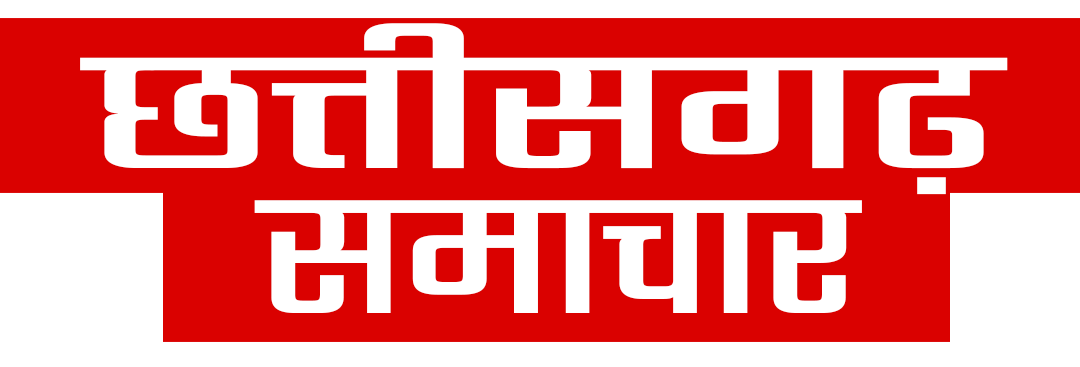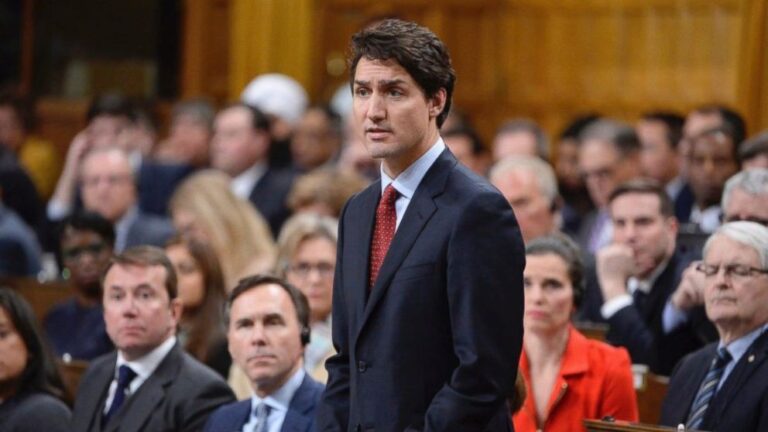In a significant escalation of diplomatic tensions, Canada has accused India of involvement in the killing of Khalistani terrorist Hardeep Singh Nijjar, which occurred in June in British Columbia. In response, Canada has expelled the head of India’s foreign intelligence agency, the Research and Analysis Wing (RAW), who was stationed in Ottawa.
Prime Minister Justin Trudeau made this startling announcement during an emergency session of the parliamentary opposition, citing “credible allegations” linking Indian agents to Nijjar’s assassination. Trudeau called upon the Indian government to cooperate in investigating the matter.
Foreign Minister Melanie Jolie confirmed the expulsion of the senior Indian diplomat without naming the official, asserting that immediate action had been taken.
Hardeep Singh Nijjar, a declared wanted terrorist by India, was fatally shot on June 18 in Surrey, a Vancouver suburb with a significant Sikh community. He had been accused of carrying out terrorist attacks in India.
Tensions between Canada and India had been simmering over this unsolved murder, and India’s discontent with how Canada handled individuals associated with Khalistani activities.
Jocelyn Coulon, a former adviser to Trudeau, described Canada’s accusation as having a global impact, comparing it to Saudi Arabia’s involvement in the murder of journalist Jamal Khashoggi in Turkey in 2018. Coulon added that India would now be perceived as a nation that assassinates political opponents abroad.
India has not immediately responded to these charges. Tensions escalated further during the recent G20 summit in New Delhi, where Prime Minister Narendra Modi expressed concerns about anti-India activities by extremist elements in Canada during his meeting with Trudeau.
Canada had previously suspended negotiations for a free trade agreement with India, with Trudeau emphasizing Canada’s commitment to defending freedom of expression, conscience, and peaceful protest while acting against hatred.



